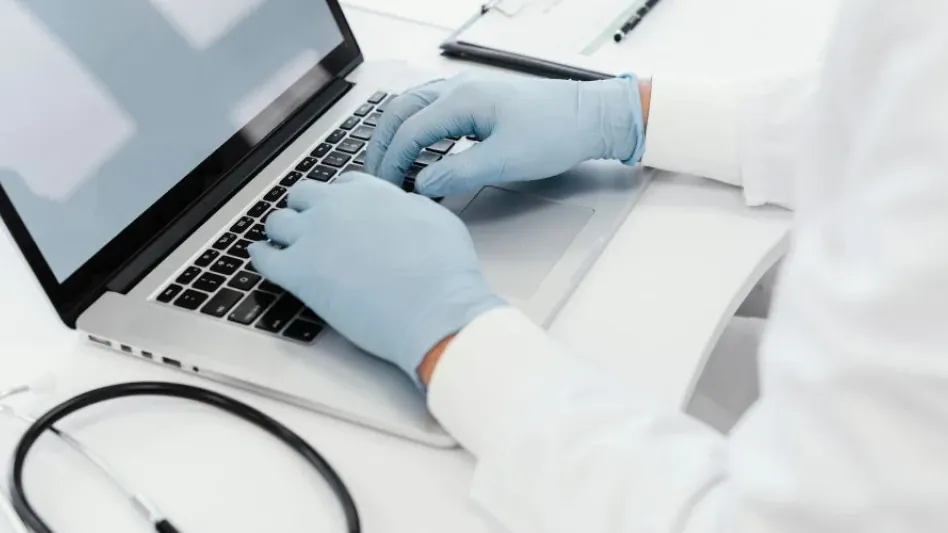The year 2023 saw significant advancements in the integration of artificial intelligence (AI) within the field of diagnostics. AI-powered diagnostics transformed medical practice by enhancing accuracy, speeding up processes, and offering more personalized patient care. This roundup article will explore insights from various experts and reviews on this pivotal development.
Expert Opinions and Insights
Enhancing Diagnostic Accuracy
Dr. Emily Parker, a radiologist at Johns Hopkins Hospital, noted that AI algorithms have become adept at identifying anomalies in imaging data. “AI can process millions of images and detect patterns that may be missed by the human eye. This has significantly lowered the margin of error in radiology,” she remarked during an interview in early 2023. Her observation highlights how AI is augmenting human capabilities rather than replacing them.
Speeding Up Diagnostic Processes
In a review published by the American Journal of Medicine in mid-2023, Dr. Amit Patel emphasized the increased speed of diagnosis due to AI integration. According to Dr. Patel, “AI systems can rapidly analyze patient data and generate diagnostic reports, expediting the treatment initiation process. This is particularly crucial in emergency settings where time is of the essence.”
Personalized Patient Care
Dr. Sarah Lee, a researcher at the Mayo Clinic, pointed out the role of AI in achieving precision medicine. “By analyzing genetic information alongside clinical data, AI systems can suggest tailored treatment plans for individual patients,” she stated in a 2023 paper. Dr. Lee’s insights indicate that AI can lead to more effective and personalized healthcare solutions.
Differing Views on AI Implementation
Concerns Over Data Privacy
Despite the evident benefits, some experts have raised concerns about data privacy. Cybersecurity specialist Michael Grant highlighted the potential risks associated with large-scale data collection. “AI diagnostics require vast amounts of personal health information, which can be vulnerable to breaches,” he warned in a 2023 cybersecurity forum. Ensuring robust data protection measures is essential to gaining public trust.
Ethical Considerations
Bioethicist Dr. Lauren Rodriguez brought attention to the ethical implications of AI in diagnostics during a panel discussion at a 2023 conference. “The delegation of diagnostic tasks to AI raises questions about accountability and informed consent. We must ensure that patients are fully aware of and consent to AI’s role in their diagnosis,” she argued.
Summary and Further Reading
The integration of AI in diagnostics has garnered mixed reactions among professionals in 2023. While there is consensus on the potential for improved accuracy, speed, and personalized care, concerns regarding data privacy and ethical considerations warrant careful attention. As AI technology continues to evolve, ongoing dialogue among medical professionals, ethicists, and technologists will be crucial.
For more in-depth understanding, recommended readings include the American Journal of Medicine, Mayo Clinic research publications, and cybersecurity forums.
The integration of artificial intelligence in diagnostics has been reshaping medical practice, offering promising advances while highlighting the need for balanced, ethical, and secure implementation moving forward.









